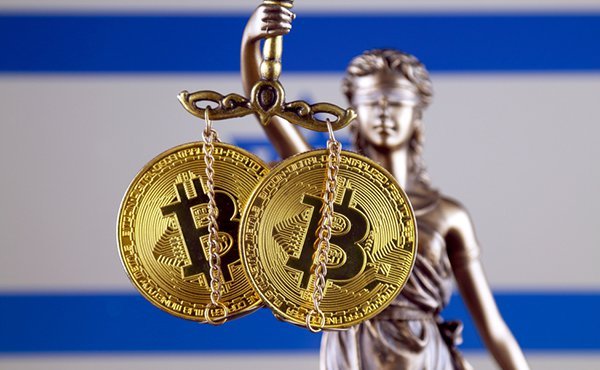
Bitcoin deemed non-currency in Israel
Defining cryptocurrencies has become a bit of a word game. Are they currencies? Are they property? Are they financial assets? Some governments may not be clear on what they want to call them, but they definitely know what the don’t want to call them.
Israel is the latest currency that has declared Bitcoin a non-currency. Nadine Baudot-Trajtenberg, who is the deputy governor of the Bank of Israel, had this to say:
“Bitcoin and similar virtual currencies are not a currency, and are not considered foreign currency. The Bank of Israel’s position is that they should be viewed as a financial asset, with all that entails.”
She further explained her recent announcement at a recent finance committee meeting:
“[A currency] fulfills the functions ascribed to it in the economic literature, a unit of account, a means of payment, and stability that enables it serve as a store of value. None of these exist with Bitcoin or similar currencies, which are characterized by higher volatility, difficulty in making transactions, and a lack of certainty regarding the parties that stand behind it.”
The bank has also received numerous complaints about the difficulties experienced by citizens wanting to buy virtual currencies from their traditional fiat money accounts. The deputy governor stated that because digital currency “may be used to launder money, finance crime and so forth”, the banks could face compliance risks.
She went on to add that banks have a responsibility in this regard as some citizens may transfer fiat currency “to an exchange where virtual currencies are sold may later transfer the money anonymously to any unreliable party in Israel or abroad.” Because the onus is on them, these individual banks are responsible for regulating this process, and not the central bank. She added:
“[A]s far as we know, no banking regulator anywhere in the world has issued guidelines to the banking system on how to act in relation to customers’ activity in virtual currencies.”
However, panel members at the meeting stated that authorities needed to move fast to develop crypto regulations. Panel chairperson, Moshe Gafni, had this to say:
“There seems to be a great possibility that they [cryptocurrencies] will become central to our financial lives.”
In addition, Gafni has said that the central bank and regulatory bodies have a month to compile and submit a report on how to regulate the industry in the country.
Last month, Israel Securities Authority (ISA) chairman, Shmuel Hauser, proposed that crypto traders on the country’s stock exchange should be banned.
Even though Israel is not interested in decentralized cryptos, they do want to be a part of the digital currency revolution, previously announcing plans to develop their own state-controlled digital shekel.
I want to mine some digital shekels.